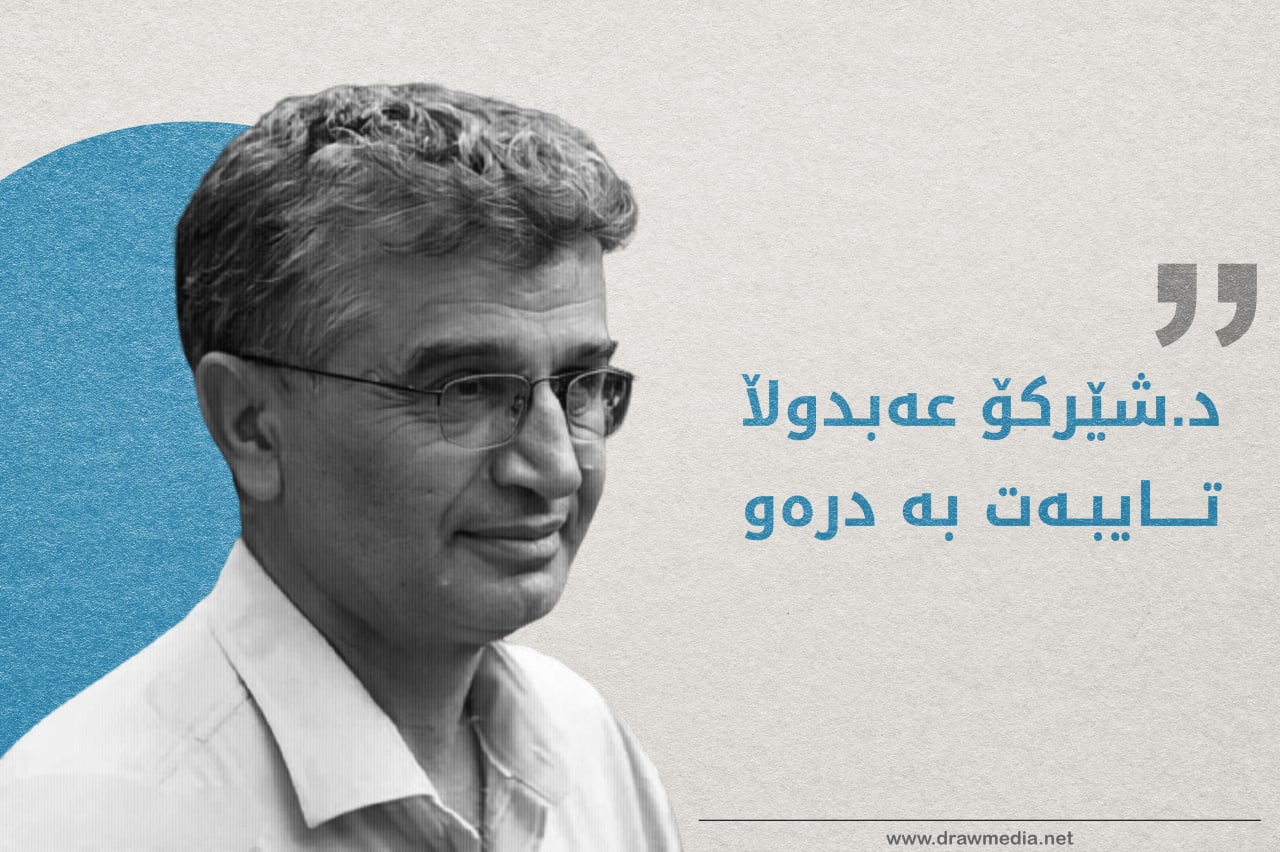Iran-Iraq deal on Iranian Kurds puts Iraqi Kurds between rock and hard place
.png)
2023-09-04 10:30:31
Amwaj.media
Amid rising focus on Iranian Kurdish opposition groups based in Iraqi Kurdistan, Tehran says Baghdad has agreed to its demand that such factions be disarmed and relocated. But as the Islamic Republic’s Sept. 19 deadline for action against its exiled Kurdish opponents looms, there are major questions about the extent to which any agreement may be implemented. This comes as the authorities in Iraqi Kurdistan worry that the deal is aimed at further undermining their self-rule and standing in the regional geopolitical landscape.
In March, then-secretary of Iran’s Supreme National Security Council Ali Shamkhani and his Iraqi counterpart Qasim Al-Araji signed an agreement in Baghdad to secure the border between the two countries. The accord was primarily aimed at curbing the activities of Iranian Kurdish opposition parties in the Kurdistan region of Iraq.
Addressing reporters in Tehran on Aug. 28, Iranian Foreign Ministry spokesman Nasser Kanani said the Iraqi central government had committed to disarm “terrorist, secessionist groups” and close their “bases” by Sept. 19, adding that Iraqi Kurdish authorities have been informed of the “contents of the agreement.” Importantly, Kanani underscored that the deadline would not be extended. Iranian military officials have previously threatened attacks against opponents of the Islamic Republic based in Iraqi Kurdistan if no action is taken.
On the same day as Kanani’s remarks, Iraqi government spokesperson Basim Al-Awadi stated that Baghdad had fulfilled its commitments under the security agreement with Iran. Without providing details, Awadi referred to prevention of the infiltration of militants, extradition of wanted persons as well as disarming and removing camps run by armed groups.
Focus on disarmament
Fariba Mohammedi, spokeswoman of the Organization of the Toilers of Kurdistan (Komalay Zehmetkeshan), said there is pressure for the group’s armed forces based in mountainous areas to relocate to another area within the Kurdistan region. However, she also told Amwaj.media that there was no discussion about members of the group and their families who reside in camps in Iraqi Kurdistan. In any event, Mohammedi insisted, her group would not accept being disarmed.
At least six Iranian Kurdish groups have varying degrees of presence in the Kurdistan region of Iraq. In addition to the Organization of the Toilers of Kurdistan, these include the Society of Revolutionary Toilers of Iranian Kurdistan—also referred to as the Komala Party of Iranian Kurdistan (Komalay Shorishger), led by Abdollah Mohtadi—the Komala Organization of the Iranian Communist Party, led by Seyed Ibrahim Alizadeh; the Kurdistan Democratic Party of Iran (KDPI) led by Mustafa Hijri; the Kurdistan Freedom Party (PAK) headed by Hussein Yazdanpanah; and the Kurdistan Free Life Party (PJAK), co-led by Siamand Moeini and Zilan Vejin. Many of these parties were driven into exile in Iraq following years of armed conflict with the Iranian government, which refuses to recognize Kurdish demands for autonomy within Iran.
Iraqi Kurdish authorities have some leverage over Iranian Kurdish groups with the notable exception of PJAK, which is aligned with the Turkey-based Kurdistan Workers’ Party (PKK). Against this backdrop, the threats and pressures from Tehran have put authorities in Iraqi Kurdistan in a pinch. A refusal to meet Iran’s demands could be costly as Tehran or its allies in Baghdad could resume attacks on Iranian Kurdish groups in the Kurdistan region.
On the other hand, meeting Tehran’s conditions—particularly on disarming Kurdish opposition parties—poses a risk of confrontation between Kurdistan Regional Government (KRG) forces and such groups.
Adding further complexity to the situation, “The Kurdish identity element is important here,” said Lawk Ghafouri, a political analyst, explaining that it would be highly unpopular for Iraqi Kurdish authorities to try to disarm Iranian Kurdish parties.
Displaying an understanding of the KRG’s dilemma, a senior military official from the Kurdistan Democratic Party of Iran (KDPI) told Amwaj.media that while his group would not agree to disarm under any circumstances, it would, however, consider moving its forces from certain “highland areas” of Iraqi Kurdistan to another—but not to the plains or urban areas
Iran’s carrot-and-stick approach
With the first anniversary of nationwide anti-establishment protests in Iran around the corner, there is a strong sense among Iranian Kurds that Tehran’s pressures are mainly rooted in anxieties of a possible resurgence of unrest.
When protests engulfed Iran last September in the wake of the death of 22-year-old Mahsa Jina Amini in the custody of morality police, state propaganda was heavily focused on portraying the demonstrations—which first erupted in Kurdish areas of Iran—as a plot by the exiled Kurdish opposition groups across the border. The Kurdish parties have firmly rejected such accusations. In this vein, the Iranian government deployed military forces to Kurdish areas and struck positions of Iranian Kurdish opposition groups in Iraqi Kurdistan on multiple occasions with drones and missiles.
Ahead of Iran’s Sept. 19 deadline, Mohtadi of the Komala Party of Iranian Kurdistan on Aug. 28 stated that his group’s forces were in Iraqi Kurdistan in a defensive capacity and had not engaged in attacks against Iranian government forces since a truce in the late 1980s.
Since the protests sparked by Amini’s death, Iran has adopted a multi-pronged stick and carrot strategy to achieve its objectives in dealing with Iraqi Kurds, hoping to drive a wedge among them. While Tehran has not conducted drone and missile attacks this year, Iranian operatives are believed to have been behind several reported assassinations of Iranian Kurdish activists in the Kurdistan region. In parallel, Iran has since late last year sought to strengthen trade ties, which has been met with enthusiasm from the KRG. Iraqi Kurdish authorities have also strived to forge a more positive atmosphere in bilateral relations with Iran by facilitating the entry of tens of thousands of Iranians entering Iraq for the annual Arbaeen pilgrimage, which has earned Tehran’s praise.
The KRG’s balancing act
KRG spokesperson Peshawa Hawramani told Amwaj.media that Iraqi Kurdish authorities do not want to be a party to the “problems” between the Islamic Republic and its Kurdish opposition.
“We do not want the Kurdistan region’s territory to be used for attacks against any of our neighbors,” said Hawramani, adding that Iraqi Kurdistan should not be targeted by neighboring governments either. Of note, in addition to the Iranian cross-border attacks, Turkey regularly hits alleged PKK targets. While Hawramani urged dialogue between the Iranian government and its Kurdish opponents, he called on the Iraqi government to assert its sovereignty in the face of threats from neighboring countries.
The question of sovereignty, however, is a double-edged sword as far as Iraqi Kurds are concerned. Seemingly encouraged by Tehran, Baghdad is trying to seize the Iranian threats as an opportunity to impose its sovereignty on the Kurdistan region, undermining decades of Kurdish self-rule since the uprising against the regime of former Iraqi leader Saddam Hussein (1979-2003) in 1991.
Wary of Baghdad and Tehran’s plans, Hawramani said the task of securing borders should be entrusted to the KRG Peshmerga forces and Kurdish units of the Iraqi border guards “to prevent the coming into contact of [the Iranian] Kurdish parties and Iranian troops.” In other words, the KRG’s vision of Baghdad’s role in protecting Iraqi sovereignty in the Kurdistan region is to empower local forces and Kurdish units of the Iraqi armed forces to take on the task. Iraqi border guards have announced the recruitment of up to 3,000 locals to protect Iraqi Kurdistan’s borders with Iran, Syria, and Turkey. However, it is not clear if this is part of a possible agreement between the Iraqi federal government and the KRG to boost the latter’s border protection.
The bigger game
The broader geopolitical repercussions of the Iran-Iraq security agreement for Kurds are also critical to consider. The Iranian pressure on Iraqi Kurdish authorities comes amid a string of measures by the Iraqi state—particularly elements with close ties to Iran—to weaken the KRG and strip it of key levers of power, such as independent oil exports and management of finances. Hence, for Iraqi Kurds, Iran’s saber-rattling is interpreted through the lens of broader geopolitical rivalries.
In this context, there are concerns that Tehran might use the exiled Iranian Kurdish groups as a pretext to lobby Baghdad to dispatch the Iraqi army or the Popular Mobilization Units (PMU) into Iraqi Kurdistan, effectively ending any meaningful exercise of autonomy by the KRG. In this game of realpolitik, Iranian Kurdish groups—though presenting a certain degree of risk and vulnerability for Iraqi Kurdish authorities—simultaneously present an opportunity to increase the KRG’s weight in the regional geopolitical landscape.
“For a long time, the presence of such [Iranian Kurdish] forces in [Iraqi] Kurdistan has contributed to establishing the region as an autonomous player on a regional scale. This presence has sent a message that Kurdistan holds strategic leverage to influence neighboring countries,” Kamaran Palani, a professor of international relations at Erbil’s Salahaddin University, said to Amwaj.media. “If Iran were to disarm these groups, it could substantially undermine Kurdistan's autonomy.”
The disarming or expulsion of Iranian Kurdish groups in the Kurdistan region could also encourage neighboring Turkey to make a similar request of Baghdad and Erbil over the PKK. The latter would likely put the Iran-aligned Shiite factions which rule federal Iraq in a difficult spot. Some Shiite groups aim to harness their warm relationships with the PKK for a broader Iran-led geopolitical competition against Turkey. A failure to act on the PKK by Baghdad and Erbil would thus likely lead to an intensification of Turkish attacks in the Kurdistan region, plunging Iraqi Kurdistan into further conflict and instability.
As adamant and forceful as Iran appears in its demands, there does not appear to be a willingness among Iraqi Kurdish authorities to meet the exact conditions—or at least on the scale and scope desired by Tehran. Political analyst Ghafouri, however, warned that the KRG should not underestimate the Iranian threats, especially given Tehran’s ability to undermine stability. “Ku







.png)
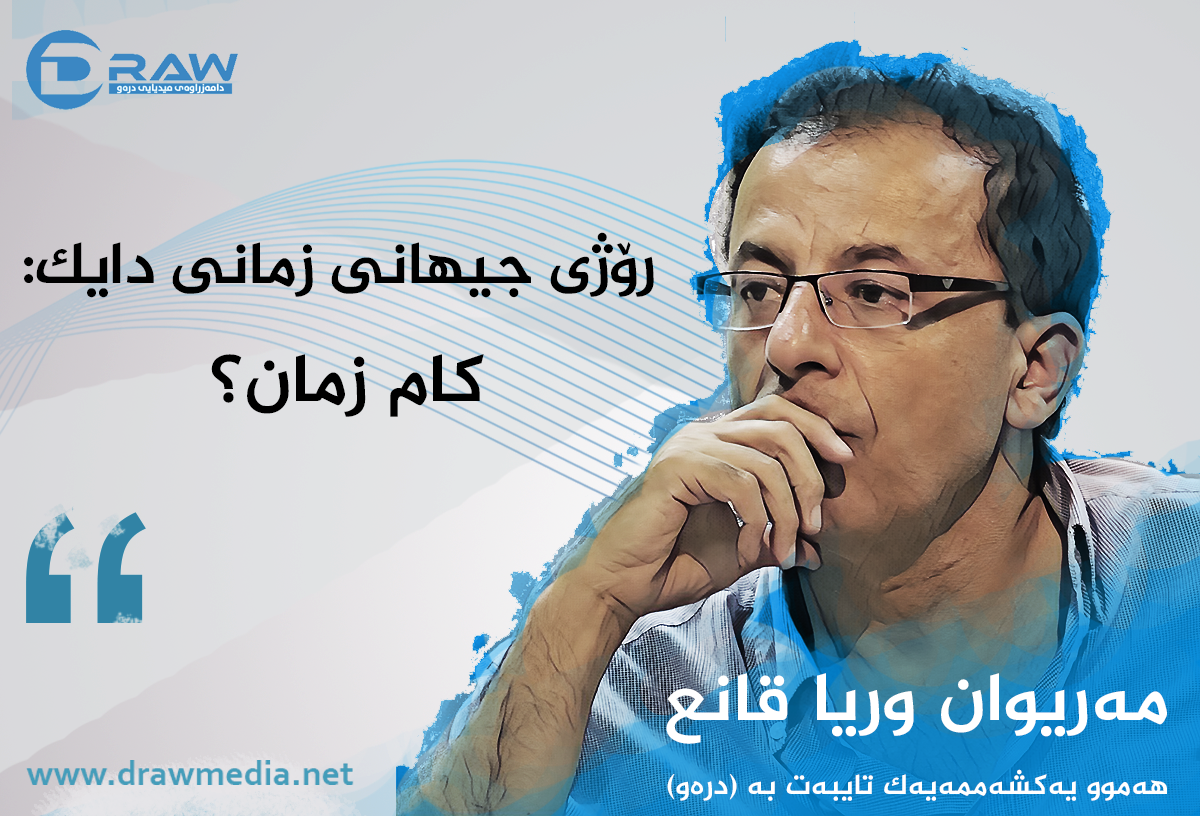
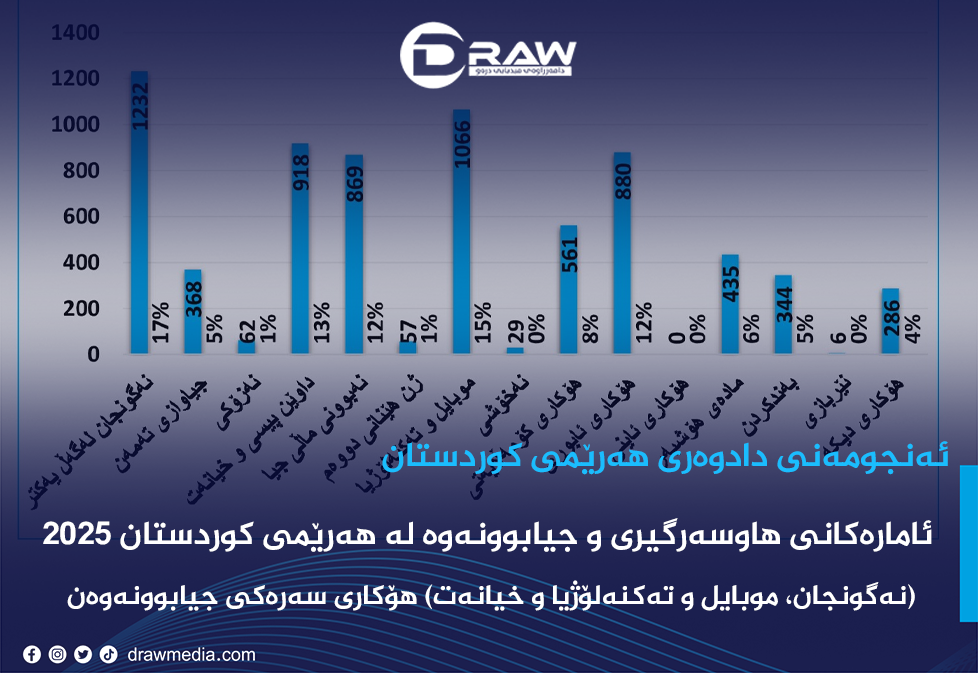
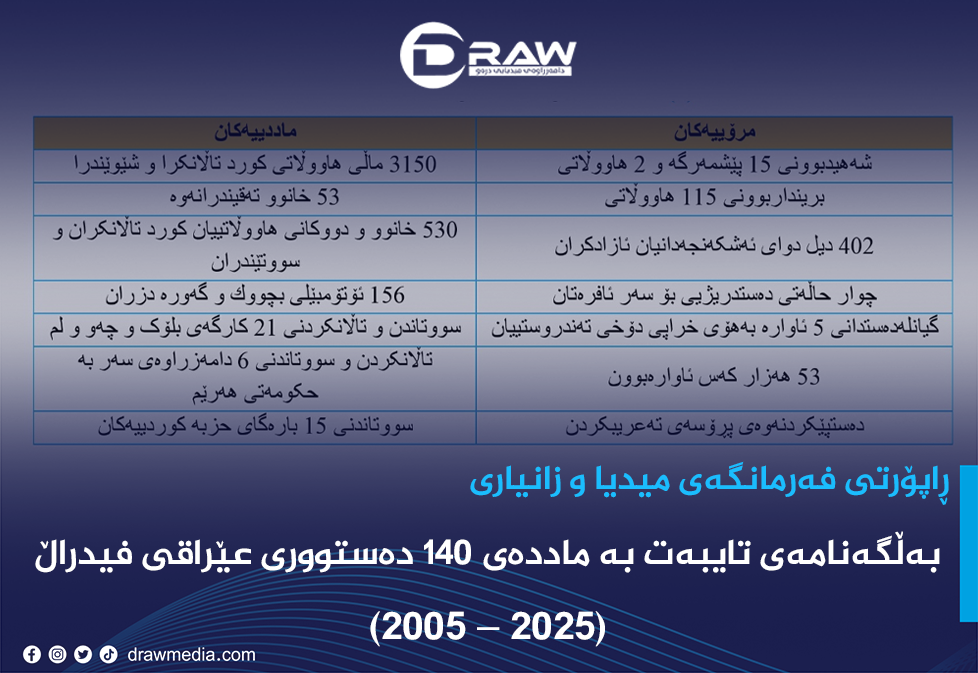
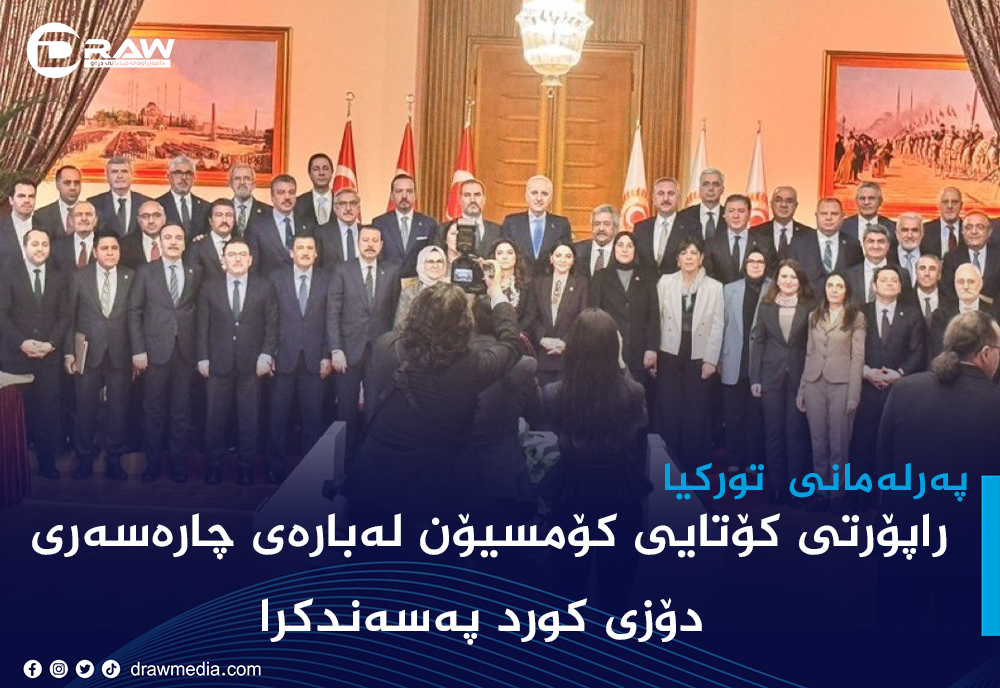
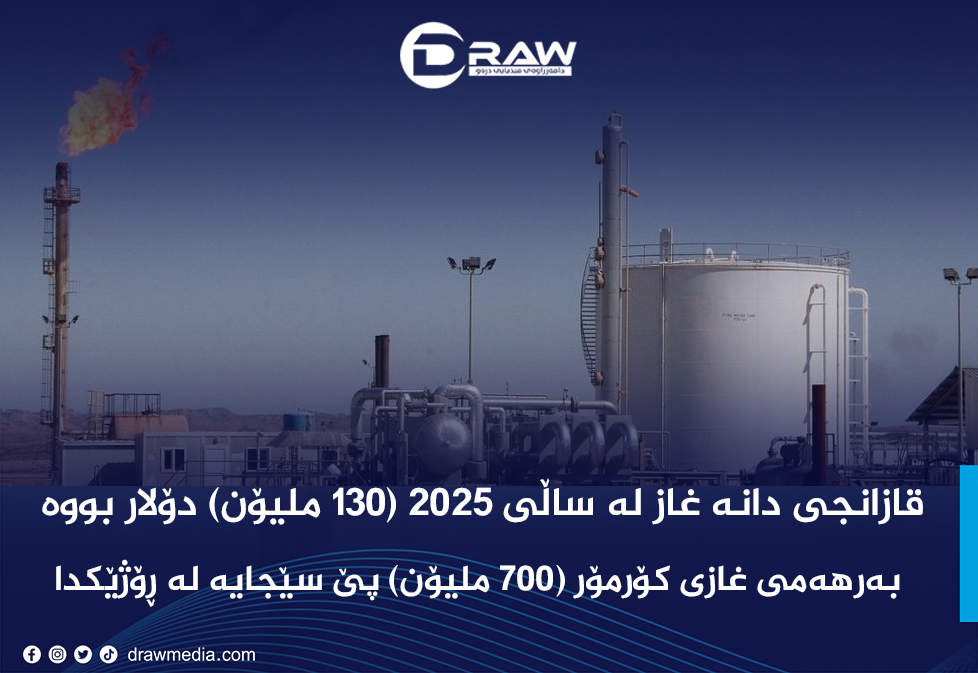


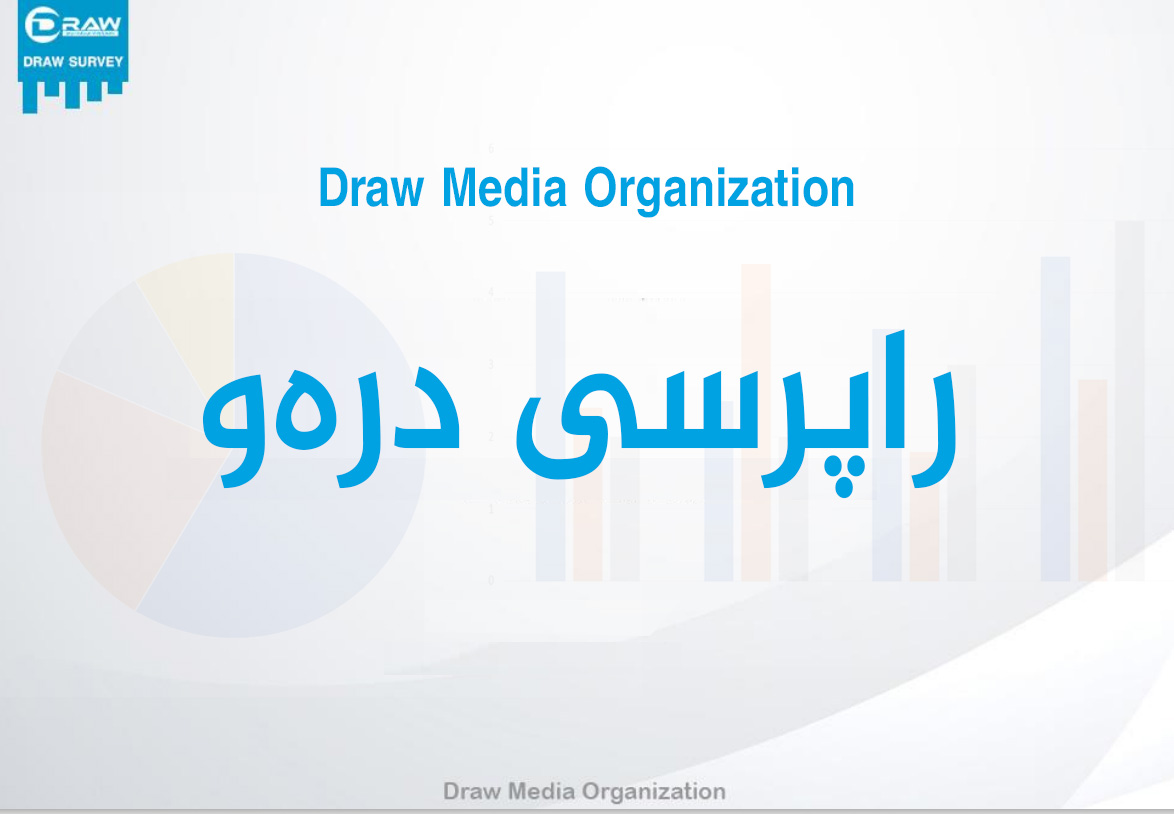

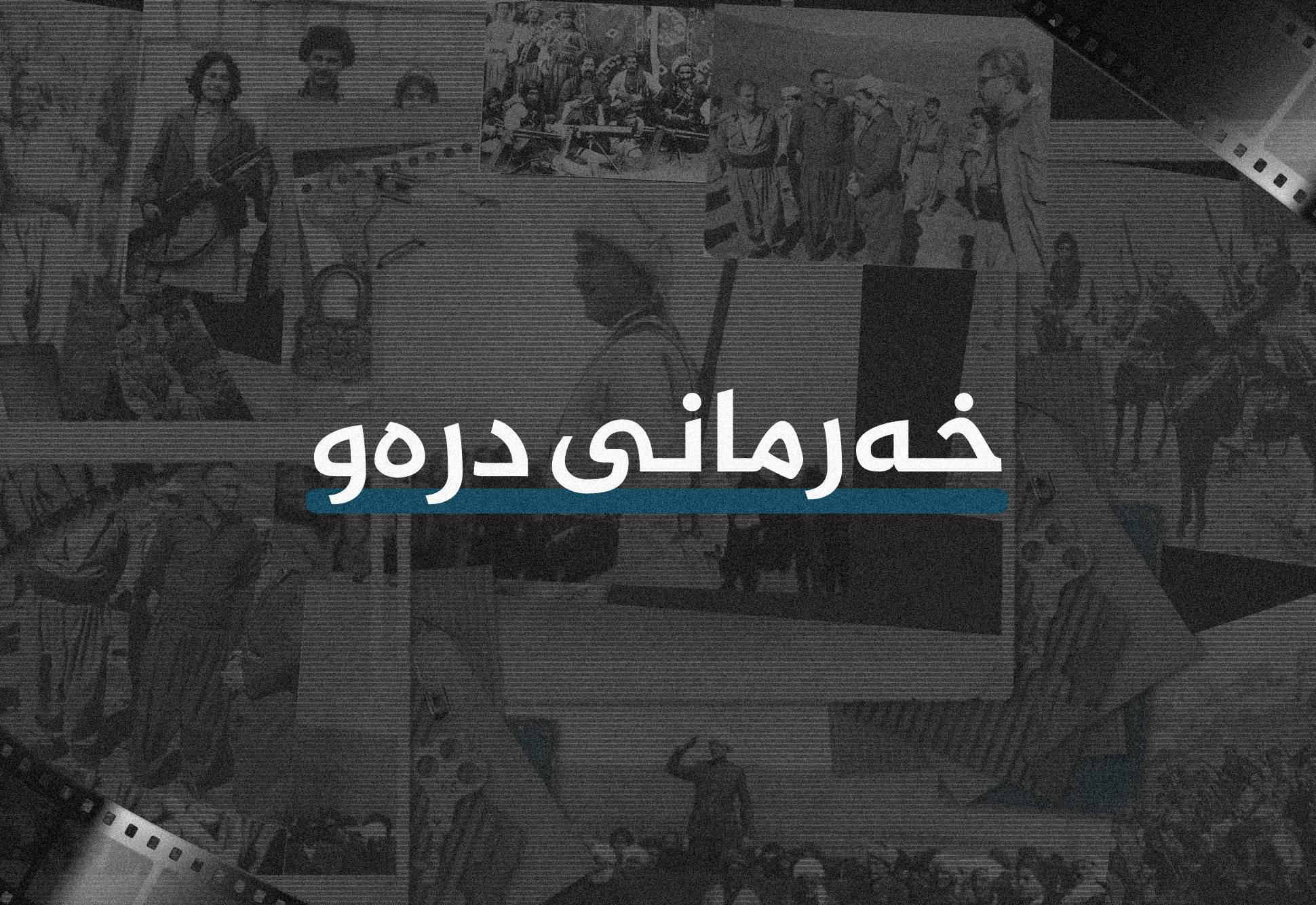
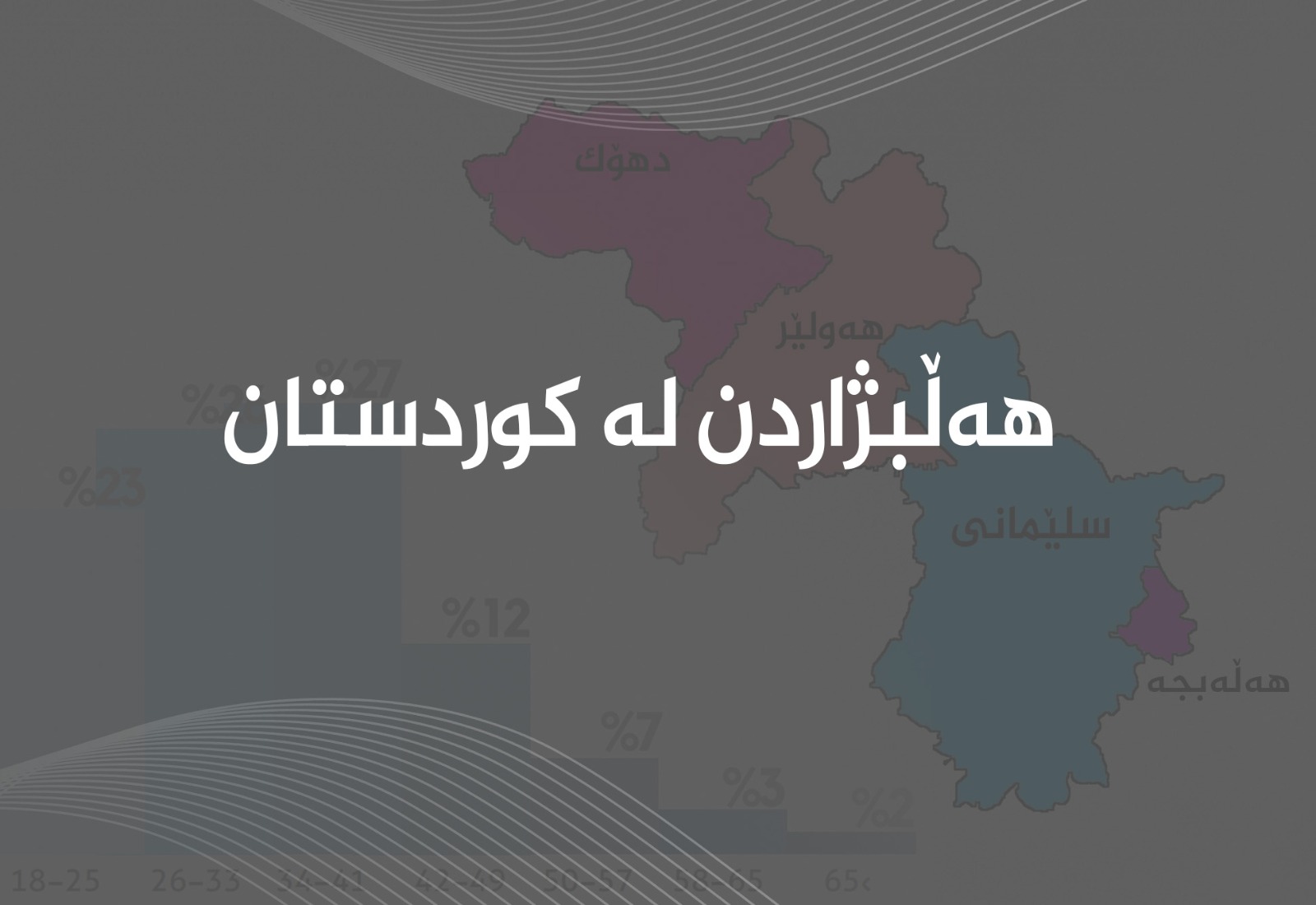
(1).jpg)
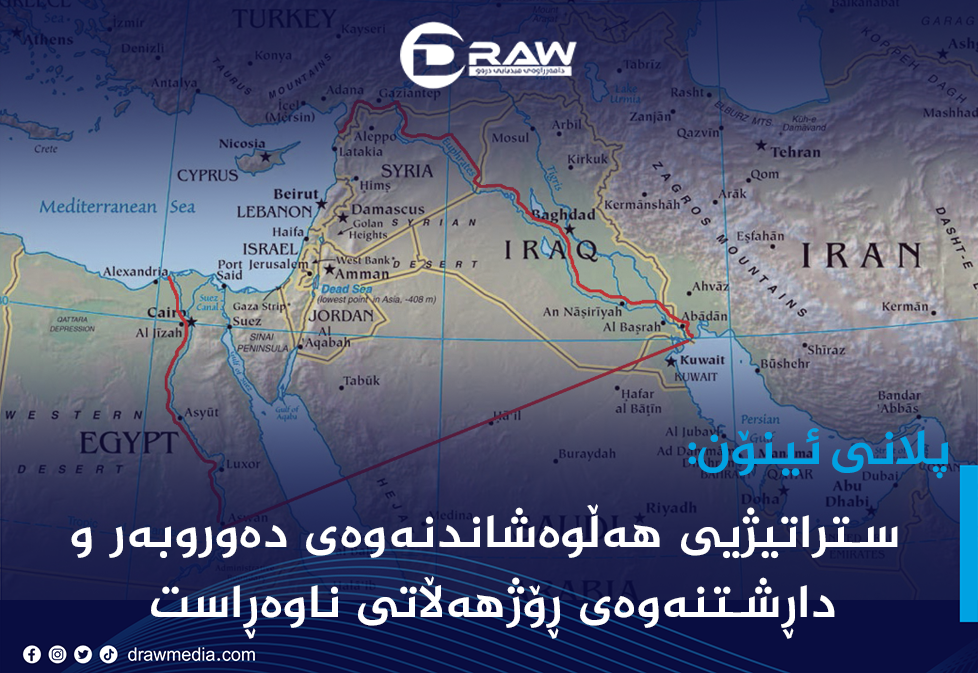
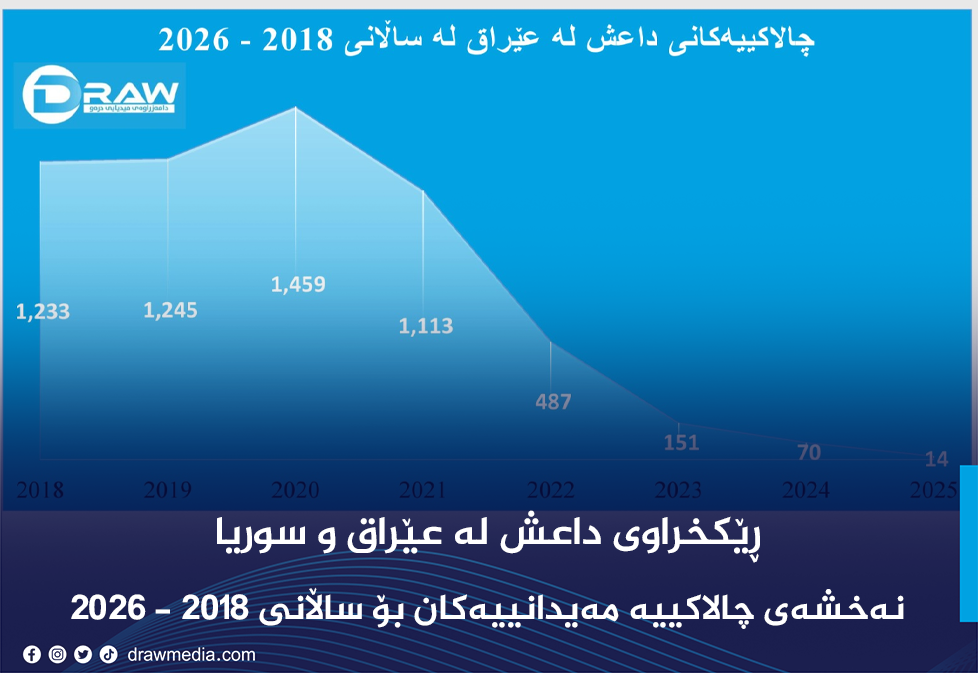
.png)
